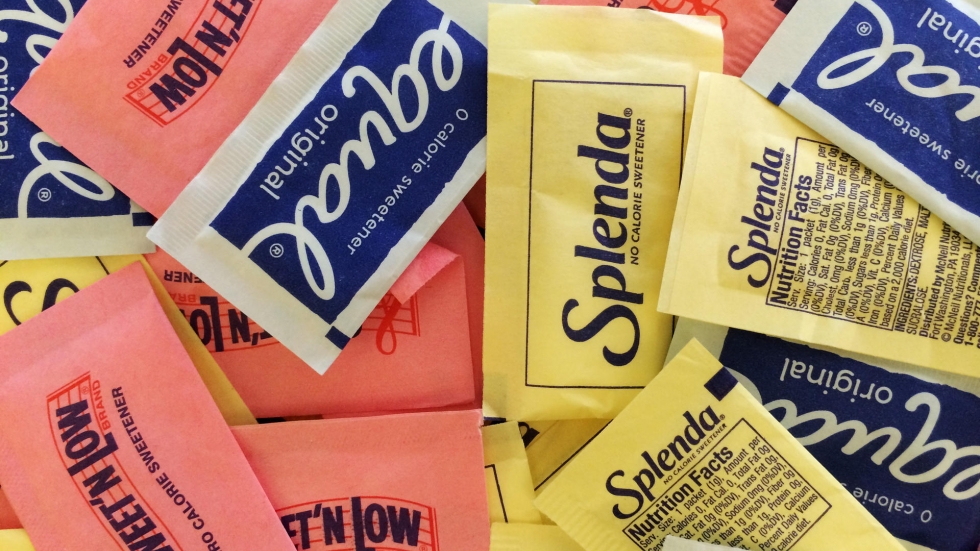Ingesting artificial sweeteners creates biochemical changes in our body and actually blocks our body’s ability to control how many calories we consume.
Artificial sweeteners and sports supplements approved by FDA have now been found to be poisonous to digestive gut microbes, according to a recent article published in the journal Molecules.
Artificial sweeteners are one of the most widely used food additives around the world, commonly consumed in diet and zero-calorie sodas and other food products. Extensive surveys have tracked biochemical changes in the body using high-throughput metabolomics.
The collaborative investigation by researchers at Ben-Gurion University of the Negev (BGU) in Israel and Nanyang Technological University in Singapore analysed the relative toxicity of six artificial sweeteners — aspartame, sucralose, saccharin, neotame, advantame and acesulfame potassium-k — and ten sports supplements containing these synthetic sweeteners. The bacteria detected in the digestive system grew toxic when exposed to applications of only one mg./ml. of the artificial sweeteners.
Prof. Ariel Kushmaro, John A. Ungar Chair in Biotechnology in the Avram and Stella Goldstein-Goren Department of Biotechnology Engineering, and member of the Ilse Katz Institute for Nanoscale Science and Technology and the National Institute for Biotechnology in the Negev said “We modified bioluminescent E. coli bacteria, which luminesce when they detect toxicants and act as a sensing model representative of the complex microbial system”
“This is further evidence that consumption of artificial sweeteners adversely affects gut microbial activity which can cause a wide range of health issues.”
Artificial sweeteners are commonly found in many food products and soft drinks with reduced sugar content. Many people don’t even know that they consume this added ingredient regularly.
Furthermore, artificial sweeteners have been recognised as emerging environmental pollutants that can be found in drinking, surface water, and groundwater aquifers.
U.S. Food and Drug Administration suggests that 11 to 27 per cent of ingested sucralose is absorbed by the human body (FDA 1998). An investigation published by the producer of sucralose (Roberts 2000) reveals that when eight healthy male adults were given sucralose (in 1 mg/kg amounts), between 10.4% and 30.6% of the sucralose was absorbed. Also, 1.6% to 12.2% of the sucralose accumulates in the body.
Aspartame posses a high risk even when consumed daily at 20 milligrams per kilogram of body weight. That is a lower amount than the highest recommended by the FDA (50 mg/kg of body weight) and the European Union (40 mg/kg).
Aspartame increases the rate of malignant tumours in rats. In a study conducted on a female rat, aspartame increased chances of leukaemia and lymphomas, as well as cancerous cells in the pelvis and urethra. In the males, it mainly raises the incidence of malignant tumours in peripheral nerves.
Prof. Kushmaro explains “The results of this study might help in understanding the relative toxicity of artificial sweeteners and the potential of negative effects on the gut microbial community as well as the environment.
Furthermore, the tested bioluminescent bacterial panel can potentially be used for detecting artificial sweeteners in the environment.”
If you found this article informative, don’t forget to SHARE it on Facebook!
Sources:
Dorin Harpaz et al, Measuring Artificial Sweeteners Toxicity Using a Bioluminescent Bacterial Panel, Molecules (2018). DOI: 10.3390/molecules23102454


Leave a Reply